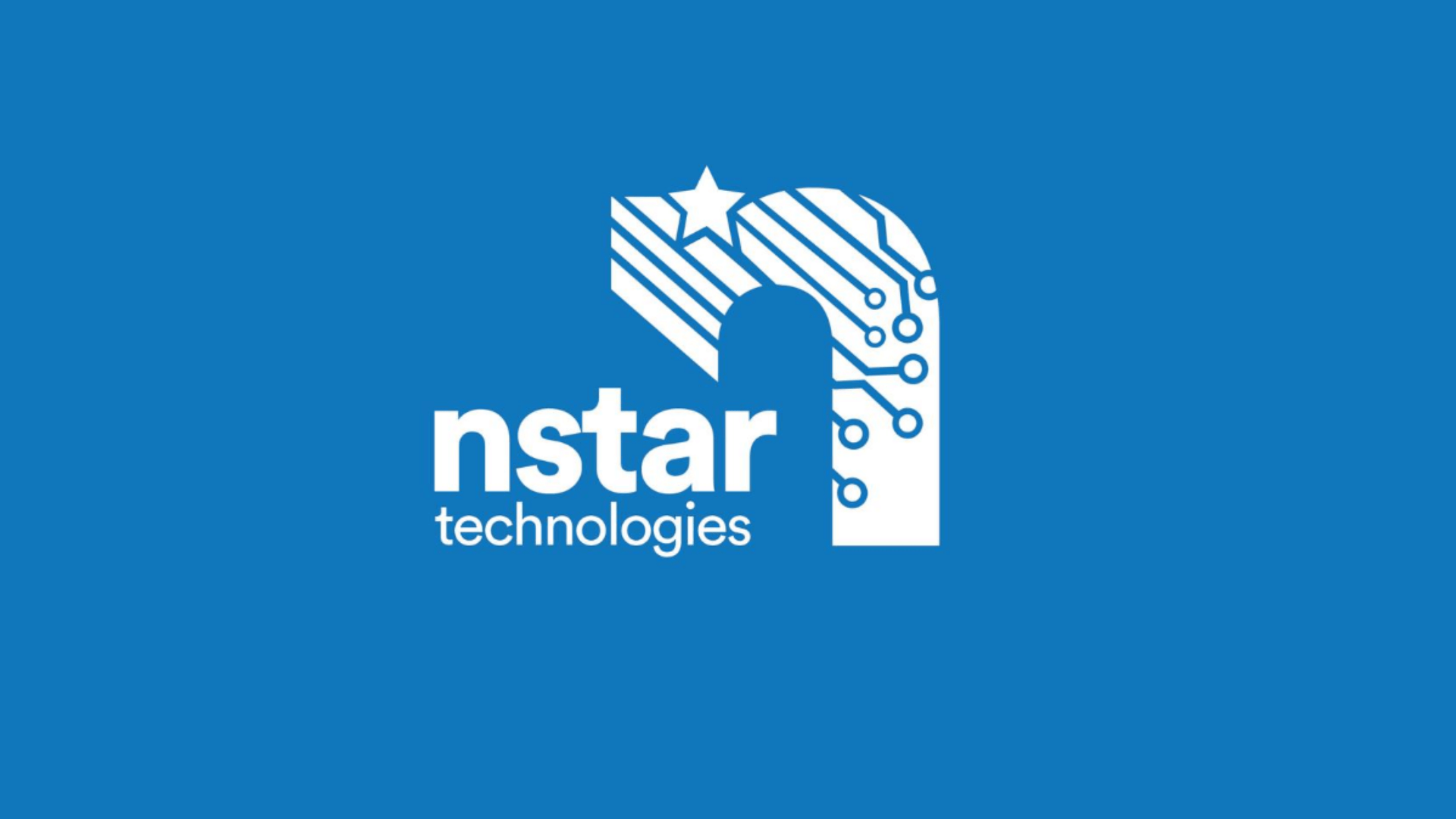As a company grows, so will its data requirements, necessitating the collection of new data sets and the creation of new databases. Database administration encompasses all of the functions and processes involved in managing, updating, and creating databases. All of this is done in accordance with the company’s data requirements. A database administrator performs these functions, ensuring that the database is always available for use.
It allows business to make sense of available data while ensuring the data needed for future processes is collected and availed beforehand.
As a company develops, more departments are established to fulfill various duties. But there must be a certain level of cooperation even when departments perform different functions. This ensures that all processes conform to the organization’s goals. Sadly, a lack of departmental collaboration due to slow data-sharing processes slows down many processes and ultimately corporate growth.
However , data management is the perfect solution to the department’s lack of synchrony because database management systems maintain data in a central position that is available to various end- users and across multiple applications
Predictive analysis is the most significant advantage of data administration. Companies can predict and collective customer preferences and behavior by analyzing customer data and collecting new data sets. This enables companies to offer and tailor products in the interests of their customers.
Management teams are responsible for making tough decisions that drive the organizations to its goals. Therefore, their choices must be precise and timely so that the corresponding action is implemented on time. However, the processes of decision-making often take time and sometimes produce no desired results.
The internet can be attributed to a lot of the ease of doing business and big data. However, the internet has also presented companies with a significant challenge and threat. Many data organizations are susceptible to their use. It could be information the offers a competitive advantage to an organization or customer and employee personal data.
If the information is exposed, the company, its staff and its customers are at risk and are also at risk of liability. Therefore, security is a vital part of running a data program. Data management regulates the data, and only authorized persons are granted access.
Furthermore, data management guarantees data integrity. Data integrity refers in multiple databases to the accuracy and consistency of data, ensuring accurate insight.
The average salary for a database administrator is $90-$130k per year. Most common benefits for database administrators
